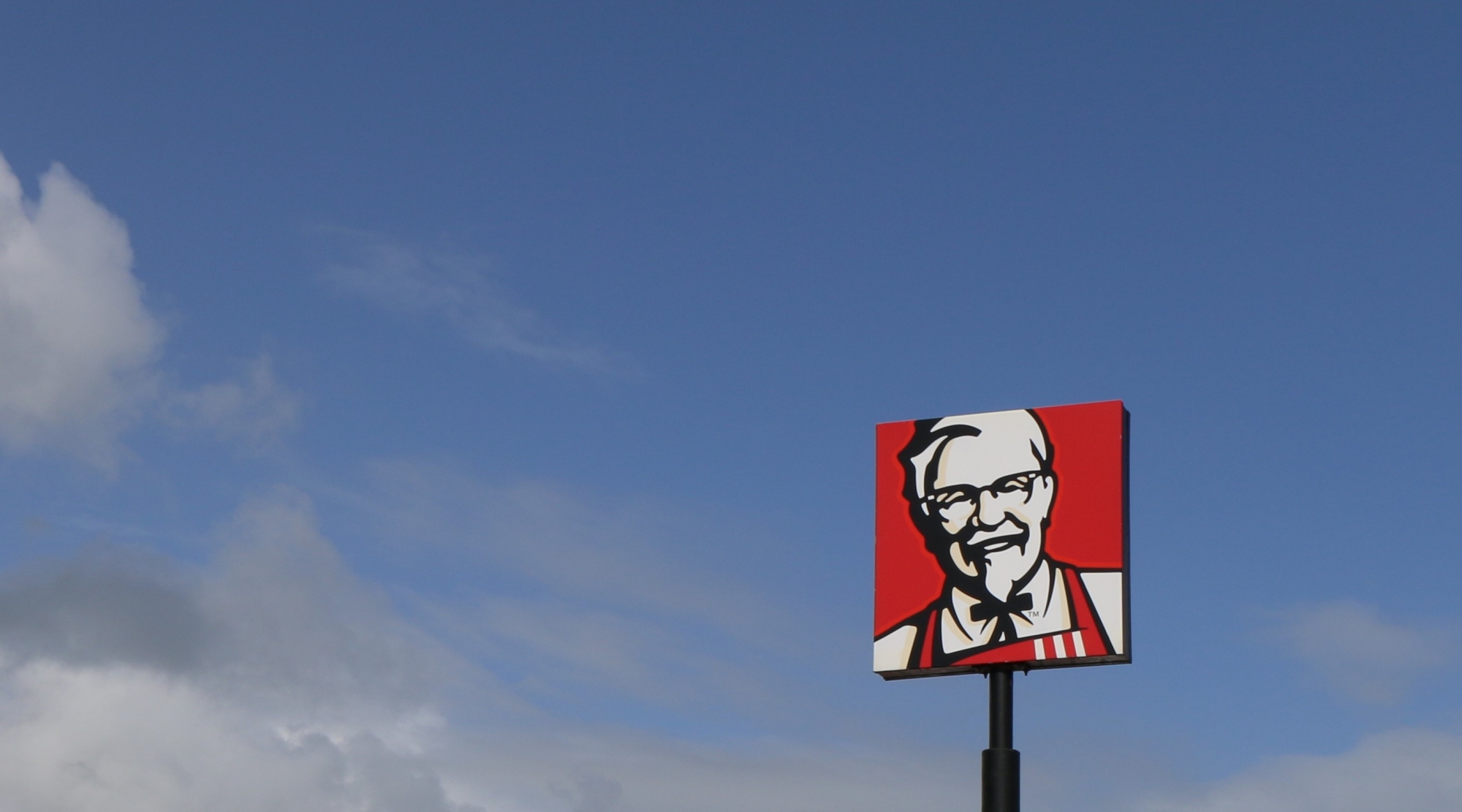As a lover of KFC (who isn’t?!), I recently received a promotional door drop from Just Eat offering me a discount code to order from my favourite chicken fast food chain. In my excitement, I went straight to make an order, only to find that there wasn’t a KFC that delivered in my area. So why, Just Eat, are you teasing me by offering me a code that I can’t use?
I’m a lover of KFC’s marketing campaigns – the “We FCKed up” crisis ad campaign was brilliant in its timeliness, honesty and humour. The fact that the company acted “humanly” is such a huge part of why it was so admirable.
So when I was disappointed (and “hangry”) from my failed door drop offer, it made me question whether KFC was to blame, or Just Eat, or both? Surely, as two big, fast food companies, they should be able to use their combined data to find my nearest store and filter my post code to see if it’s possible to deliver to my house before offering me a discount code.
Not a day goes by when I don’t see an article or news story about the wealth of consumer data and its value to brands. But how many businesses are actually using that insight with their marketing efforts? Few it seems – or at least only a few are actually getting it right.
When has KFC or Just Eat taken the time to get to know me and my eating preferences? Just Eat knows my weekly Chinese takeaway order and where I live, but it’s never asked for my favourite food or anything over and above my name and address. When I think about my interactions with KFC, I usually go into their outlets when I’m travelling, but their staff have never asked what my favourite item on the menu is (FYI, it’s the Toasted Twister wrap meal) or which KFC I visit more regularly or any of my personal details, for that matter.
It’s a shame to think how many major brands are missing the opportunity to understand more about their customers and deliver better customer experiences as a result. If KFC knew that every couple of weeks I drive to my mother-in-law’s and that we always stop at KFC for lunch, perhaps they could send me vouchers for that specific service station, maybe in combination with a fuel discount? If Just Eat could use my weekly Chinese order to predict when I order takeaways and make relevant and personalised offers to me on those days, I would be likely to engage with them.
I have more choice than ever, so I don’t have to remain loyal to a brand, especially if they aren’t offering me anything in return. Engaging on a more personal level will be the key moving forward, particularly as new players enter the market with innovative strategies to get our attention and loyalty. What brands need to realise is that a more customised promotion is what would make me continuously choose KFC over McDonalds or Burger King at the next service station I visit.
The recipe for success will be making marketing campaigns more tailored and targeted to each individual consumer, based not only on their food preferences, but also their lifestyle habits. There is so much opportunity for marketers to gather insight about their customers and use it to their advantage. Brands need to start putting this delicious data to work and wrapping it up into something that’s really appetising for the consumer. Bon appetit!
